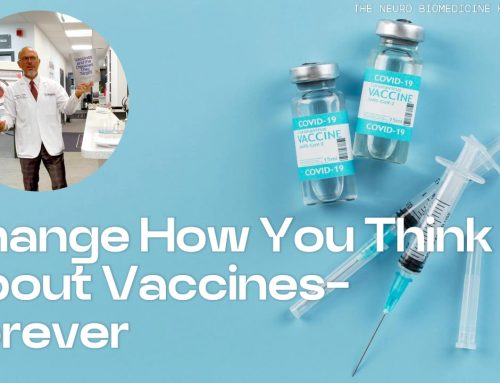For decades, scientists believed our genes were the master blueprint of life. They were said to determined everything about us, from eye color to disease risk. The thinking was simple: if you inherited “bad genes,” there was nothing you could do.
But then came the surprise. When scientists mapped the human genome, they expected to find about 130,000 genes. Instead, they found only around 20,000–25,000. That discovery shattered the old belief that genes ran the show.
So what’s really in charge? Enter epigenetics: the science of how lifestyle, environment, and daily choices turn genes on or off. Think of genes as light switches. Just because you have a switch doesn’t mean the light is on. Nutrition, stress, exercise, toxins, and even your thoughts can flip those switches.
Here’s the exciting part: only about 5% of diseases are purely genetic. The rest? They’re influenced by how your genes interact with the world around you. Even small “glitches” in DNA (called SNPs) don’t necessarily doom you. In many cases, you can support those weak spots with the right diet, habits, and environment.
Even at the cellular level, the story flips. The nucleus (home of your DNA) isn’t the “brain” of the cell. The real decision-maker is the cell membrane, the fatty outer layer that communicates with the outside world. That means the quality of fats and cholesterol you eat directly affects how your cells think and respond.
The takeaway? Your genes may set the stage, but you’re the director. By caring for your body and environment, you influence how your genetic story unfolds. Genetics loads the gun — but epigenetics decides whether the trigger gets pulled.



